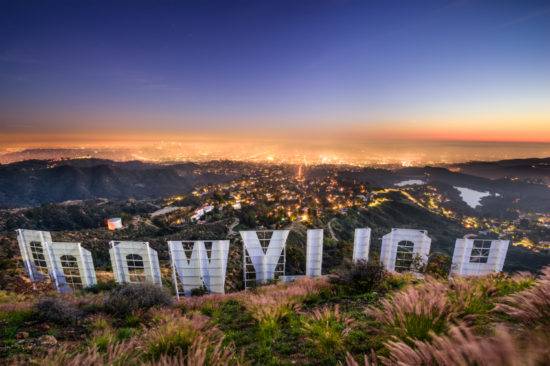The city of Los Angeles is opening up the data floodgates by giving researchers unprecedented high-speed access to its smart city data, a move that could spark a raft of new data-driven discoveries.
City leaders announced it will link its databases and computers to a 100 Gbps system called California Research and Education Network (CalREN). The deal will allow member institutes, researchers, educators and students free access to one of the biggest storehouses of smart city data ever amassed.
The city struck the agreement with the Corporation for Education Network Initiatives in California (CENIC). Proponents of the deal say that allowing high-speed access to such a deep data pool could drive the region’s leadership position on future smart city practices and technology.
“This peering partnership between CENIC and the City of Los Angeles represents a unique opportunity to pair the sophisticated research and analysis being done at California’s great universities with the massive data being generated one of our country’s most progressive Smart Cities, Los Angeles,” said CENIC chair William Clebsch. “This will lead to advances in urban living that have not been possible before.”
Data already available but speed is key
Los Angeles currently publishes more than 1,000 datasets on its two open data portals. The new data-sharing agreement will allow researchers access to that data 1,000 times faster than the general public. Some of the information that researchers will likely want to sink their teeth into are the Clean Streets Index, information on economic assets, public safety and transportation data, as well as details on sustainability measures.
Presently, LA citizens are increasingly accessing city data and services through the web, reporting urban issues through MyLA311 or using Google’s Waze to dodge construction in their commutes.
“This agreement means that young people, students of all ages, some of the world’s leading thinkers and educators can now access the City’s digital resources up to 1,000 times faster,” said LA Mayor Eric Garcetti. “When we open our data to the public, and commit ourselves to making it more easily available, we create limitless potential for innovation, discovery, and new understanding.”


















